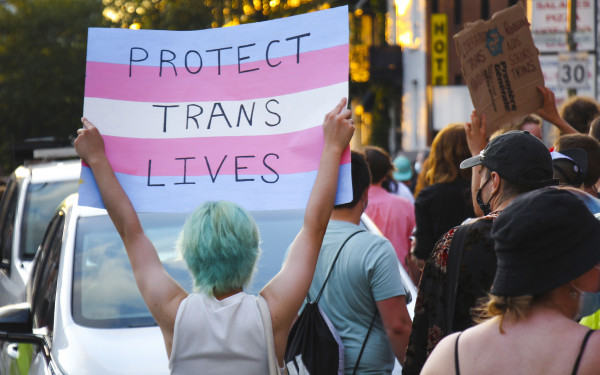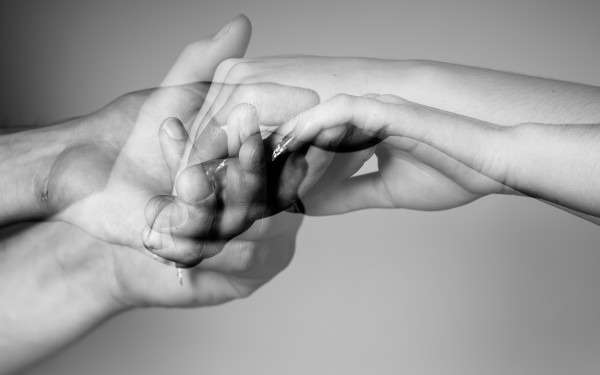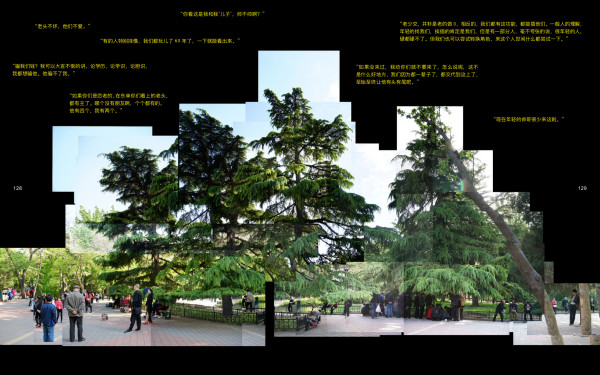Finding Solidarity with Pen and Paper
Montreal Initiative Brings LGBTQ Community, Free or Otherwise, Together
How do you build a community? A correspondence program for queer inmates is breaking down barriers of isolation, one letter at a time.
The Prisoner Correspondence Project, a Montreal-based organization, aims to strengthen the LGBTQ community by creating friendship and ties between incarcerated and non-incarcerated members of the community through a system of pen pals.
“The project is basically to get queer people talking to each other, and queer people in prison can’t necessarily do that,” explained project organizer E.K. “It’s you making ties with your community.”
With meetings held on the second Thursday of every month, the Project offers social support that is otherwise inaccessible for the majority of incarcerated members of the LGBTQ community.
“Friendships are important, and a lot of queers face isolation,” said E.K. “People want support through their letters and friendships, and they want to be honest and open.”
The simple act of communication may seem like a small task to someone outside of jail, but for those behind bars it can be the very thing that pulls them through.
“It’s a really simple, basic act you can take to single-handedly dismantle the dehumanizing affect of the prison-industrial complex and the isolated effect that they’re very consciously trying to impose,” explained volunteer and member of the Project Stephanie Moore.
“I saw it as one way to help out in a pretty tragic situation,” said Gregg Blachford, a volunteer for the project who has been writing to an inmate in Texas for over a year and a half.
Inmates who identify as lesbian, gay, bisexual, transgender or queer face a much higher risk of sexual assault in prisons along with a multitude of other challenges.
According to research done by Just Detention International 67 per cent of inmates who identified as LGBTQ reported having been sexually assaulted by another inmate during their incarceration. This rate is 15 times higher than the overall inmate population. On top of this, LGBTQ prisoners who report assault “are often subjected to further attacks, humiliating strip searches and punitive segregation.”
Oftentimes, LGBTQ inmates have been incarcerated due to survival crimes—a product of a toxic environment.
“Disadvantaged queer and trans people are more likely to be kicked out of their homes and have difficulty finding housing or a job, and that leads to a lot of queer and trans people to commit survival crimes out of being in a position of minority,” explained another member of the Project, Kristin Li. The Project is “a way for us to say that gay politics has to include the most vulnerable and marginalized aspect of the community too.”
The Project also supports prisoners identifying as lesbian, gay, queer and trans by sending out resource and information packages.
“Prisoners are very isolated, and in particular queer and trans prisoners […] can face a lot of violence in prisons,” said Josh Pavan, who also contributes to the project. “We send […] knowledge that empowers the prisoners and supports them in navigating prison life.”
However, the resources don’t always make it into the prisons, Pavan explained. “You can’t send things that are too suggestive,” such as genitalia that is seen in the medical diagrams in some pamphlets, he said.
Since its debut in 2007, the Project has gained momentum both inside and outside of prisons and has seen many success stories.
“It is pretty amazing to get insight into totally different lives, and I find it’s really a gift to get to know people that you wouldn’t necessarily cross paths with in other parts of your life,” said Moore. “It’s very humbling, and it’s also really mutually beneficial to be able to talk to each other.”
Volunteers and pen pals for the project stressed the importance of the project for the LGBTQ community and the impact that a simple letter can have on someone’s life.
“It’s obviously something that we need to talk about and we need to hear more about to be an ally with people,” said project member Émilie Savoie, who currently writes to one pen pal. “The whole process is very well-thought out and very respectful of [prisoners’] realities.”
“Every single pen pal I’ve had has said ‘you’re my guardian angel’ because I write to them,” said Moore. “I’m just listening, and that is huge.”
+ To learn more about the project, and to be matched up with a pen pal of your own, visit www.prisonercorrespondenceproject.com.

._900_906_90.jpg)




